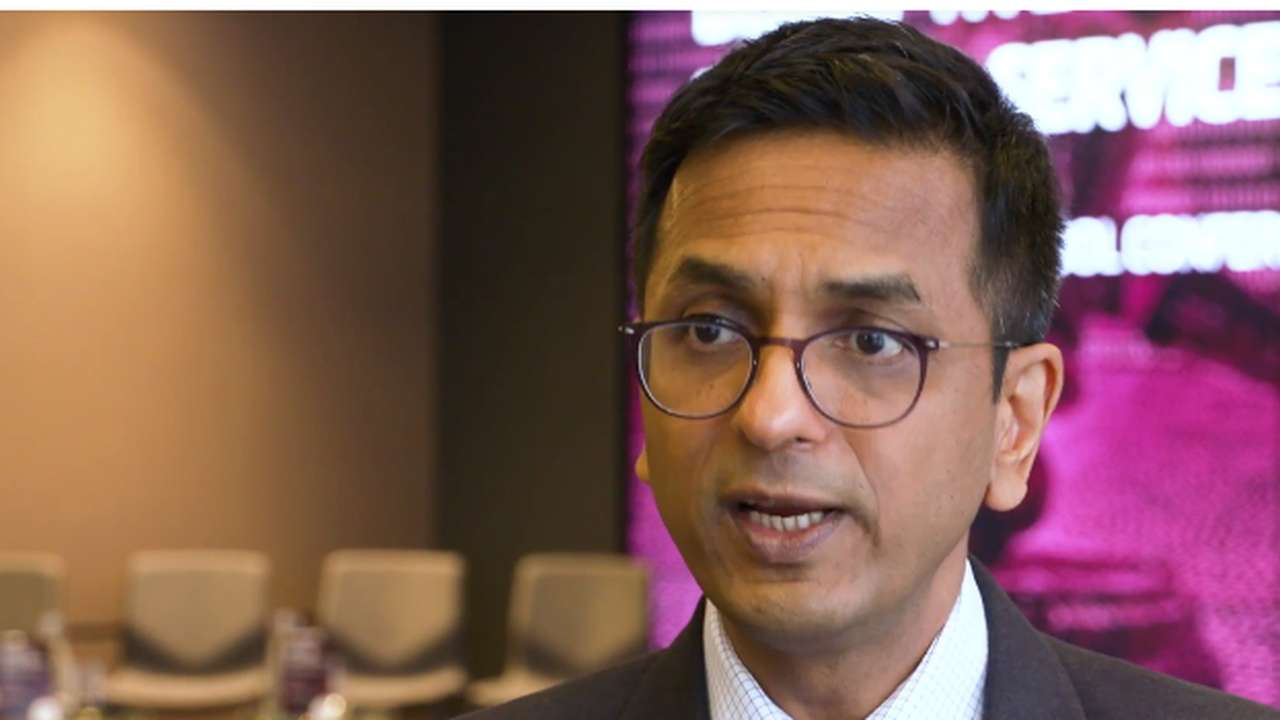
Being tolerant to opinions doesn’t mean tolerating hate speech: Justice Chandrachud

Being tolerant of others’ opinion shouldn’t make one open towards accepting hate speech, Supreme Court judge Justice DY Chandrachud said Saturday in his convocation address at Gujarat National Law University (GNLU).
Urging the new graduates to be guided by their “own conscience and equitable reason,” Chandrachud said in a world which has a limited attention span, courtesy social media addition, it is vital that, “a lot of work we do will only have long-term impact and we should not be worried about the everyday distraction.”
“The words famously attributed to Voltaire, I disapprove of what you say, but I will defend to death your right to say it, must be incorporated into our being. Making mistakes, being accepting and tolerant to the opinions of others by no means translates to blind conformity, and it does not mean not standing up against hate speech,” the judge said.
As the students step into the outer world amid “the increasing noise and confusion of political, social and moral clashes of majority,” they must be guided by the path of their “own conscience and equitable reasons,” he said at the 11th convocation of the GNLU.
Also read: Hate speech case: No criminality if something said with a smile, says Delhi HC
He also quoted writer Seth Godin’s analogy of the current and the wind. “On the river, it is the current that will move the canoe far more than the wind will. But the wind distracts us….The current is our persistent systems of class and race and gender, and powerful industry economy. And if I may add, in our context, caste as well,” Justice Chandrachud said, quoting the author.
The current can be overcome, but it takes “focussed effort,” the judge said. “On the other hand, the wind is the breaking news of the moment, the latest social media sensation. And the thin layer of hype that surrounds us. It might be a useful distraction, but our real work lies in overcoming the current or changing it,” he added.
“It helps to see it first and to ignore the wind where we can. This quotation is especially relevant to remember in today’s world with polarising opinions and conflicting actions,” the judge added.
(With inputs from agencies)

